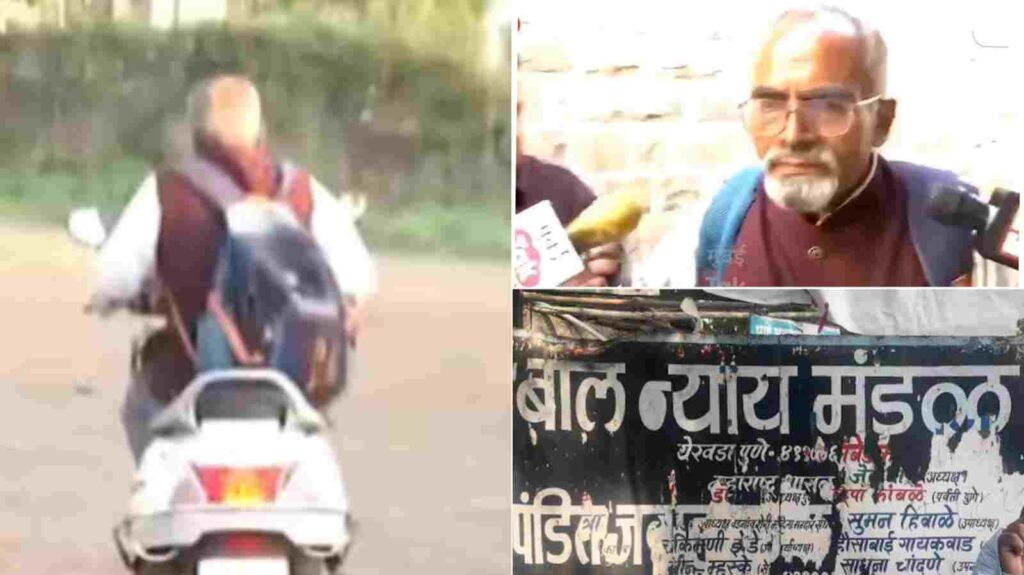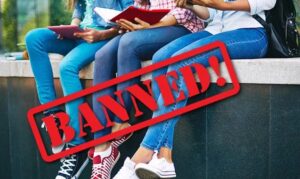Pune Porsche Case: JJB Member Criticized for Riding Without a Helmet After Granting Bail to Teen

Pune Porsche Accident: JJB Judge Criticized for Riding Without a Helmet After Granting Bail to Teen
In videos widely shared on social media, JJB member LN Danwade, who granted bail to the teen after making him write an essay, was seen running away without answering questions being asked by a group of reporters surrounding him
Look at the #judge who sentenced the #Pune #Porsche car murder case. He became famous overnight. Despite his newfound fame, he travels on a scooter but breaks the law by not wearing a helmet. Viewers demand Judges should also write essays…#VishalAgarwalBuilder… pic.twitter.com/YKwhfSchk6
— Pune Pulse (@pulse_pune) May 30, 2024
Pune, May 2024 – Dr. LN Danwade, a member of the Juvenile Justice Board (JJB), is facing heavy criticism on social media following his decision to grant bail to a 17-year-old involved in the fatal Pune Porsche accident. The teen, who killed two bike-borne IT professionals while driving intoxicated, was initially released after being asked to write an essay about the incident.
In widely shared videos, Dr. Danwade was seen avoiding reporters’ questions, further fueling public outrage. Additionally, social media users criticized him for not wearing a helmet while riding a two-wheeler. Comments poured in, with one user remarking, “No problem. The traffic cops will tell him to write an essay about the joys of riding a scooter without a helmet.” Another user tagged Pune Police and Pune Traffic Police, urging them to take action against Danwade for violating traffic laws.
The backlash stems from the perception that the punishment given to the teen was too lenient. Initially, the JJB asked the teenager to work with the traffic police in Yerawada for 15 days, write an essay on the accident, seek medical treatment to quit drinking, and undergo psychiatric counseling.
In response to the public outcry, the JJB later overturned the bail order, sending the 17-year-old to an observation home until June 5. This decision came after significant pressure and criticism regarding the initial handling of the case.
As the controversy continues, Dr. Danwade remains under scrutiny, not only for his legal decisions but also for his adherence to traffic laws, highlighting the broader issue of accountability and law enforcement.








